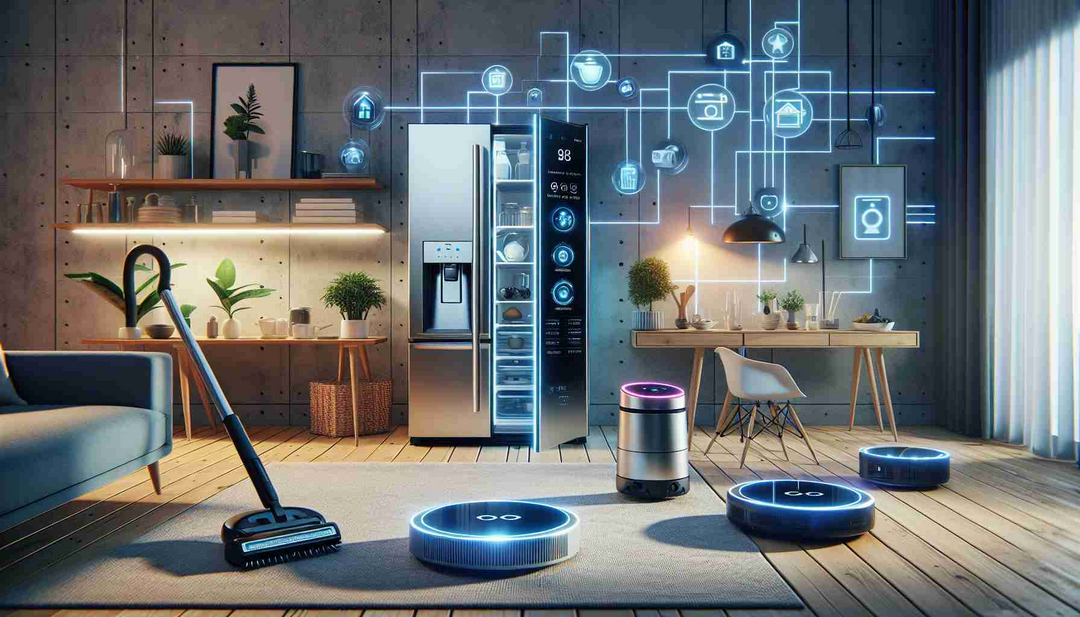
Seoul, South Korea – The battle for dominance in the home appliance market is heating up as Samsung Electronics and LG Electronics introduce innovative subscription services centered around artificial intelligence (AI). Both companies are racing to lock consumers into their respective ecosystems by offering convenient and cost-effective ways to access cutting-edge technology.
Samsung Electronics has recently launched its "AI Subscription Club," allowing consumers to subscribe to a range of AI-powered home appliances, including refrigerators, washing machines, and TVs, for a monthly fee. Over 90% of the appliances included in the subscription service are equipped with AI capabilities, enabling them to learn user habits and optimize performance.
By subscribing to the service, customers can enjoy benefits such as complimentary repairs, comprehensive inspections, and replacement of consumable parts. Samsung's flagship AI appliances, including the Bespoke AI Family Hub refrigerator, Neo QLED 8K TV, and Bespoke AI Combo washer-dryer, are among the offerings available through the subscription program.
LG Electronics, on the other hand, is taking a more holistic approach by partnering with interior design startup Apartmentmentary to offer comprehensive AI home solutions. The company aims to integrate its LG ThinQ On AI home platform into the interior design process, enabling consumers to create personalized smart homes from the outset.
With the help of generative AI, LG's platform will be able to understand customer preferences and control various IoT devices, creating a seamless and intelligent living environment. By offering this integrated solution, LG aims to capture customers early in the homeownership process and foster long-term loyalty.
A Growing Market for AI-Powered Appliances
The South Korean home appliance market has experienced a decline in recent years, prompting manufacturers to seek innovative ways to stimulate demand. AI-powered appliances have emerged as a promising solution, offering enhanced convenience, energy efficiency, and customization. By leveraging AI, these appliances can adapt to users' individual needs and preferences, providing a more personalized experience.
Furthermore, the integration of AI appliances into smart home ecosystems creates a powerful value proposition for consumers. By connecting various devices and services, manufacturers can create more sticky ecosystems that make it difficult for customers to switch to competing brands.
[Copyright (c) Global Economic Times. All Rights Reserved.]






























